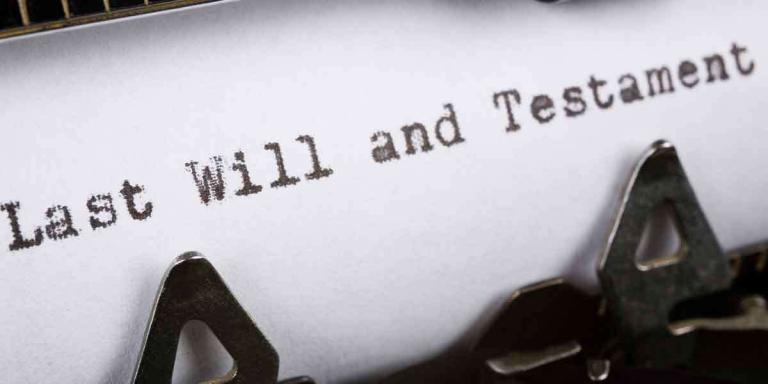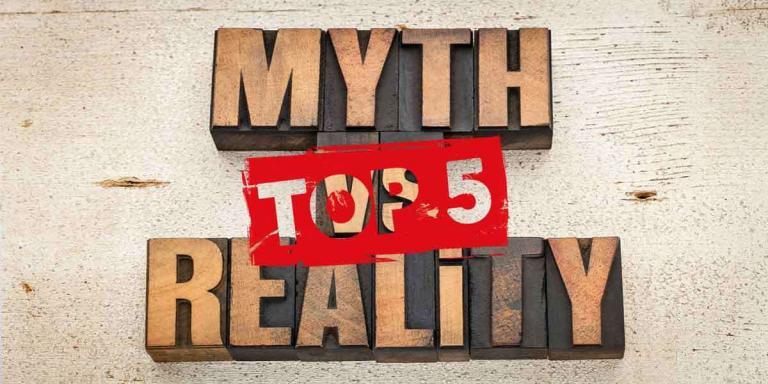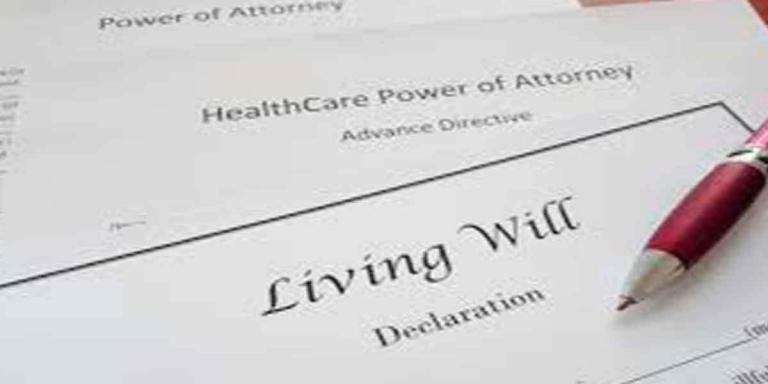
Is My Lost Will Useless?
Is My Lost Will Useless in New York? Losing a will can be a significant concern for anyone involved in estate planning or administration. In


Home » Estate Planning » Page 16

Is My Lost Will Useless in New York? Losing a will can be a significant concern for anyone involved in estate planning or administration. In

Understanding Burt Reynolds’ Decision to Leave His Son Out of His Will The late Burt Reynolds, a renowned actor, made headlines not just for his

Battling Against Deportation: A Comprehensive Guide Deportation can be a frightening prospect, particularly in a city as diverse as New York. Understanding your rights and

Navigating Missing or Deceased Estate Issues When a beneficiary is missing, or an estate owner passes away without clear directives, handling the estate can become

The Need-To-Know: Probate Litigation in 2024 As we approach 2024, the landscape of probate litigation in New York continues to evolve. Understanding these changes is

In New York, guardians, trustees, and powers of attorney (POA) are critical in managing another person’s affairs or assets. However, situations may arise where it

The Questions Every Beneficiary Must Ask in 2024 As a beneficiary in 2024, knowing the right questions to ask is crucial for navigating the complexities

The Top Secrets of NY Estate Accountings 2024 As we move into 2024, estate accounting in New York continues evolving, presenting challenges and opportunities. Understanding

Your Guide to Contested Wills in New York Contesting a will in New York is a complex process influenced by specific state laws and procedures.

Why You Need To Know About Kinship Hearings in Estate Planning Kinship hearings are a critical aspect of estate planning that can determine the distribution

Why Do I Even Need To Appoint An Executor? Understanding the role and importance of an executor in managing and distributing your estate is crucial

How Will Estate Planning Help in the Future? Estate planning is a crucial process that involves preparing for the management and disposal of your estate

Understanding Estate Planning with Morgan Legal Group in New York City Estate planning is a crucial step for securing your financial future and ensuring your

The Biggest Threat to Your Inheritance in New York Inheritance is not just about receiving assets; it’s about ensuring those assets are protected and passed

What They Won’t Tell You About A New York Will Contest Will contests in New York can be fraught with complexity and emotional challenges. While

Is My Will Legit? Ensuring Your Will’s Legitimacy in New York Creating a will is a fundamental component of estate planning, but the looming question

Top 5 Myths Debunked: Estate Planning Estate planning is enveloped in misconceptions that can deter individuals from taking crucial steps to protect their assets and

All About Estate Accounting in New York 2024 The intricacies of estate accounting in New York require diligent attention to detail and a deep understanding

The Mysteries of Probate Revealed in New York The probate process in New York often seems shrouded in mystery, leaving many to navigate its complexities

As the legal landscape continues to evolve, understanding the probate process in New York in 2024 is crucial for effectively managing estate planning and administration.

How to Become Executor of an Estate After Death in NY 2024 In the intricate process of estate management in New York, being appointed as

Identifying the Best Trust for Real Estate in 2024 As we navigate the complexities of the real estate market in 2024, choosing the right trust

Unlocking Real Estate Investment Success with Trusts For savvy real estate investors, trusts are not just an estate planning tool but a strategic asset protection

Why You Need a Probate Lawyer in Queens Probate can be complex and daunting, especially in the diverse and dynamic borough of Queens, New York.

Joint Wills for Married Couples in 2024 As we step into 2024, the landscape of estate planning continues to evolve, presenting new considerations for married

The Most Common Do’s and Don’ts of Trusts and Estates Effective estate planning is crucial for asset protection, wealth transfer, and minimizing potential disputes among

What Really Is A Living Trust and Why Do I Need One? Understanding the essence of a living trust and its role in estate planning

The Four Types Of Questions You Must Face For A Will Creating a will is a foundational aspect of estate planning, ensuring your assets are

How Does Joint Ownership Work? Joint ownership, a common arrangement for co-owning property and assets, offers various benefits and complexities, particularly under New York State

What Is Special About A Living Will in 2024? As we approach 2024, the importance of having a living will has never been more apparent.
Ⓒ 2025 - All Rights Are Reserved | Privacy Policy | Estate Planning Attorney NYC | Sitemap